organic gardening; what is it, why is it important and how you can implement organic practices in your own garden.
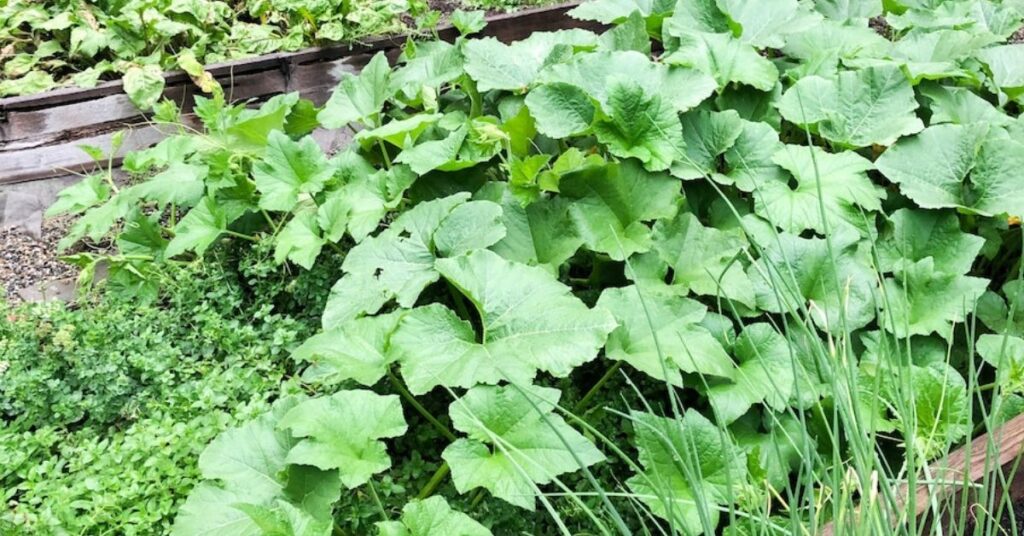
What is organic gardening
Organic gardening is essentially the practice of gardening without the use of potentially toxic artificial herbicides, pesticides and fertilizers. I like to think of organic gardening in terms of treating the root cause of an issue. Using synthetic fertilizers and pesticides treats a symptom, but it usually doesn't fix the underlying problems. By switching to organic gardening practices you are aiming to identify the root cause of issues in your garden. To successfully transition to organic gardening, you first must pay close attention to your soil health and quality and other natural processes happening in your garden.
Does gardening with organic practices mean that you won't use any pesticides or fertilizers? NO! This is a huge misconception when the word "organic" is used. Organic practices utilize natural fertilizers and pesticides. Introducing healthy insect populations and implementing cover crop and composting is also an important component of organic gardening.
It is important to note that although these "natural" forms of pest and weed control are better for the environment, you and your garden, when used in large amounts they can still be toxic. Read labels well and when in doubt talk to your local Ag extension office.
Organic Fertilizers
- Steer manure
- Chicken manure
- Mushroom compost
- Bone meal
- Fish emulsion
Organic Pesticides
Organic HERBICIDES
- High concentration white vinegar
- Corn gluten meal
Why grow organic?
You might be asking yourself why should I chose to grow organic? It sounds like a lot more work! Well there are lots of reasons, and in the long run, it's actually a lot easier. Growing your garden according to organic methods is better for you, better for your community, and better for the environment. Organic gardeners depend on natural amendments, cultural practices, and biological processes. Although there might be a learning curve to switch to organic gardening it's very worth it in the long run!
Produce more nutritious food
The best organic gardens depend on rich, nutrient dense soil, rather than chemical plant food, to produce healthy vegetables and fruits. These organic soils are mineral rich and full of living microorganisms that feed plants, leading to the healthiest possible food for you and your family.
Create a healthier environment
The absence of synthetic chemical fertilizers, pesticides, and fungicides in organic gardens make them safe places for bees to work, birds to forage, and children to play.
How to start organic gardening
Soil Health
In order to grow the healthiest most nutritious produce in your organic garden, you'll want to make sure the soil has the proper nutrient components. Healthy soil helps build up strong, productive plants and can actually make the food you grow more nutritious. Chemical soil treatments (fertilizers, pesticides etc.) can not only end up in the produce you grow, but they can also harm the beneficial bacteria, worms, and other microbes in the soil and strip already existing nutrients and minerals from the soil.
The best way to gauge the quality of your soil is to get it tested. You can use a home test kit, or send a sample to your local agricultural extension office.
Composting
All gardens can benefit greatly from good composting, and you can make your own on site and for FREE. Compost feeds plants, helps conserve water, cuts down on weeds, and keeps food and yard waste out of landfills by turning garbage into plant food. This is a great guide for getting started with garden composting.
The best compost has the right ratio of nitrogen, and carbon-rich organic waste, mixed with soil, water, and air. I'm not a chemist, but this website really helped me start my backyard compost pile. Even a minimally tended pile will still give you valuable results.
Planting to reduce pests and weeds
Grouping the right mix of plants tightly in beds can help to minimize weeds in the garden naturally Ample space between rows helps promote air circulation, which helps the plants grow and reduces fungus and other microbial issues.
Water
The best time to water plants is usually in the morning and depending on your climate the evenings. This insures that the most moisture goes to the roots of the plants and doesn't evaporate during the heat of the day. Most experts recommend substantial, infrequent watering for established plants, typically a total of about one inch of water per week (including rain). One or two applications a week encourages deeper rooting, which promotes stronger plants.
Weeds and Pests
Weeding is a fact of life for a gardener, even if you were to use non organic weed killer in your garden, you would still have to pull those suckers out. I weed usually once to three times a week and I have grown to enjoy it, I feed the majority of the garden weeds I pull out to my backyard chickens, and they absolutely love them! Win, win.
To reduce the number of weeds in your garden by applying mulch which also helps protect the soil. Straw or wood chips also work but they may not last as long. Many people opt to use lawn clippings. Clippings should only be used on plants that need a lot of nitrogen, such as squash and lettuce. Lawn clipping can also carry seeds of weeds that may live in your lawn, for this reason I don't care for this method.
It's a good thing to encourage natural predators in your garden, such as frogs, ladybugs and lizards, even having backyard chickens can help with insect infestations. It's also a good idea to grow plants , such as marigolds and dill, which attract predatory insects keeping them off of your veggies. Nets and row covers can also work for birds and other pests, but I don't usually recommend them as birds can often get stuck in them and die.
End of season garden clean-up
I call this putting the garden to sleep for the winter. It is so helpful to spend a little extra time cleaning your garden beds before winter. Mulch where necessary and be sure to clean out any remaining plants that you don't plant to over winter in your garden.


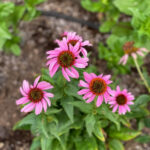

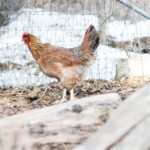
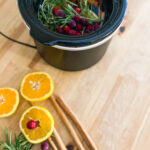


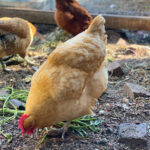
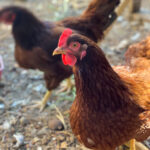



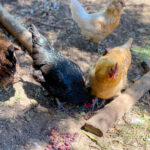

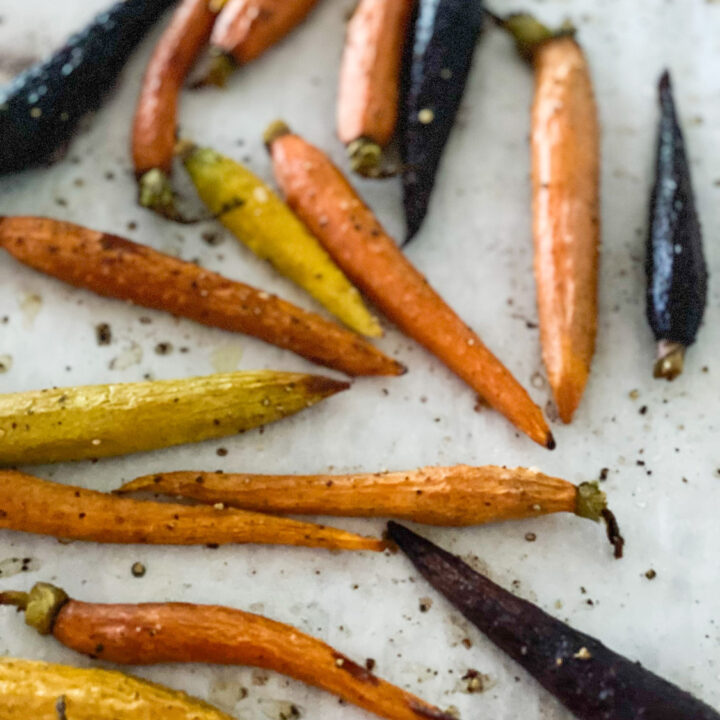
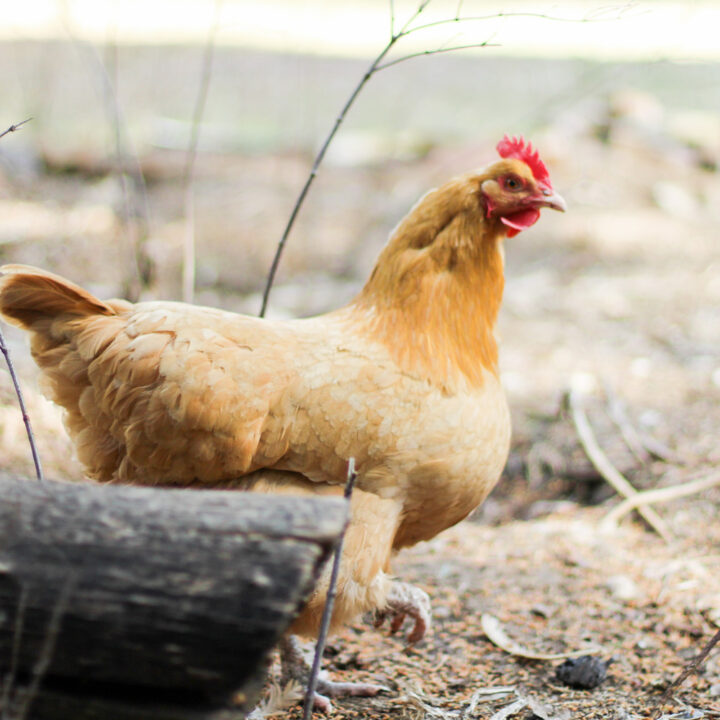
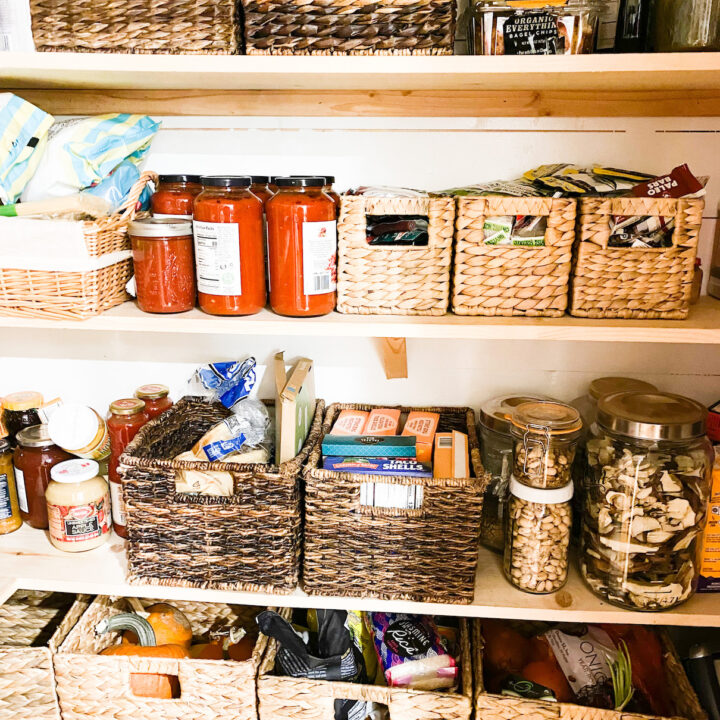
Juliea Huffaker
Love your organic herbicides! Definitely going to try them! Now to prevent squash bugs!
The Evergreen Acre
Ugh! Squash bugs are the worst! Good luck with your garden this year!